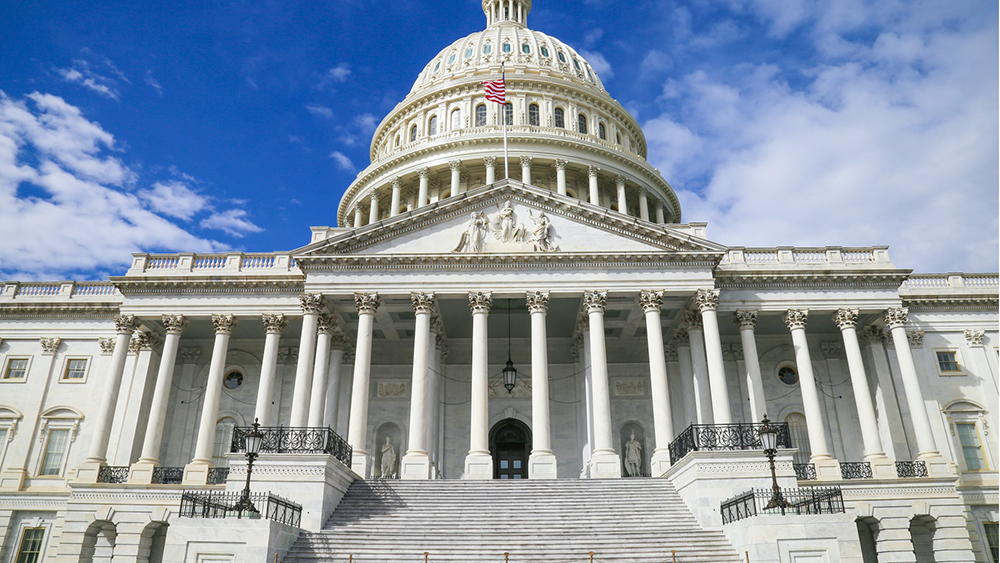In 2022 drug manufacturers actually charged less for their products and patients paid slightly more than the previous year—but the cost of prescription medicines still rose less than inflation.

While the media and policymakers continue to claim that drug prices are “skyrocketing,” the average change in list prices of brand name drugs in the U.S., which is what patients are paying for their medication when they are in their health plan’s deductible, has slowed sharply and has been less than 5% over that last four years, Drug Channels Institute finds. Meanwhile, the change in net prices (revenue after rebates and discounts) drug developers receive for brand-name drugs dropped over the last seven years and was negative over the last five.
After adjusting for inflation, net prices actually fell by 8.7% last year, Drug Channels Institute says.
“The gross-to-net bubble keeps inflating,” according to Adam J. Fein, CEO of Drug Channels Institute. He says that the actual net prices drug developers receive are reduced by factors like rebates the drug makers pay to pharmaceutical benefit managers (PBMs) and other participants in the supply chain, as well as discounts required under Medicaid and the 340B program.
The bottom line: If health plans and their PBMs passed through the net price to the patients they “serve,” patients would be paying far less out-of-pocket for their medicine, and more patients could afford the medicines that keep them healthy and out of the hospital.
Potential changes in PBMs
There are promising signs of reform coming in the PBM system, according to reports. This would be a welcome development after drug-price controls in the 2022 Inflation Reduction Act (IRA) left out any mention of PBMs, according to Daniel Durham, Senior Health Policy Advisor of the Biotechnology Innovation Organization (BIO).
“The IRA fails to provide immediate relief to millions of seniors by not requiring Part D plans to share the massive rebates and discounts they negotiate with drug developers directly with seniors at the pharmacy counter,” Durham has said. “Three insurance company PBMs control 80% of patients’ medicines and use their market power to get tens of billions of dollars in discounts on medicine, but don’t share the savings with the patients they ‘serve.’ ”
PBMs, which are often owned by insurers, take rebates from drug manufacturers in exchange for including the manufacturers’ products in the formulary of drugs covered by insurers. PBMs are supposed to use the rebates they get to lower drug prices for patients, but research shows that’s not happening, and powerful PBMs simply pocket the rebates or pass them through to health plans that do not use them to lower patient out-of-pocket costs for medicines. There is a lot of interest in legislation to fix the situation.
Several past legislative proposals to address PBMs are likely to surface in the new Congress, according to Bloomberg Law. This includes the Pharmacy Benefit Manager Transparency Act that BIO supported. That act would make it illegal for PBMs to participate in “spread pricing,” which is defined as “charging payers like Medicaid more than they pay the pharmacy for a medication and then the PBM keeps the ‘spread’ or difference as profit.”
An analysis by the DC-based law and lobbying firm Arent Fox Schiff found the issue of PBMs “remains at the forefront of the healthcare pricing debate, and the perception that this is a Republican-driven effort has begun to fade in light of drug pricing reforms in the Inflation Reduction Act (IRA) and a shift in Democrats’ attention from manufacturers to other players in the pharmaceutical supply chain. We expect these trends to continue into the 118th Congress.”
According to Arent Fox Schiff, legislation that could be revived in the new Congress includes:
- the Lower Costs, More Cures Act of 2021 (H.R. 19) (S. 2164);
- the Pharmacy Benefit Manager Transparency Act of 2022 (S. 4293);
- the Shaheen-Collins INSULIN bill;
- Rep. Harshbarger’s PBM Transparency, Accountability, and Reform Act.




